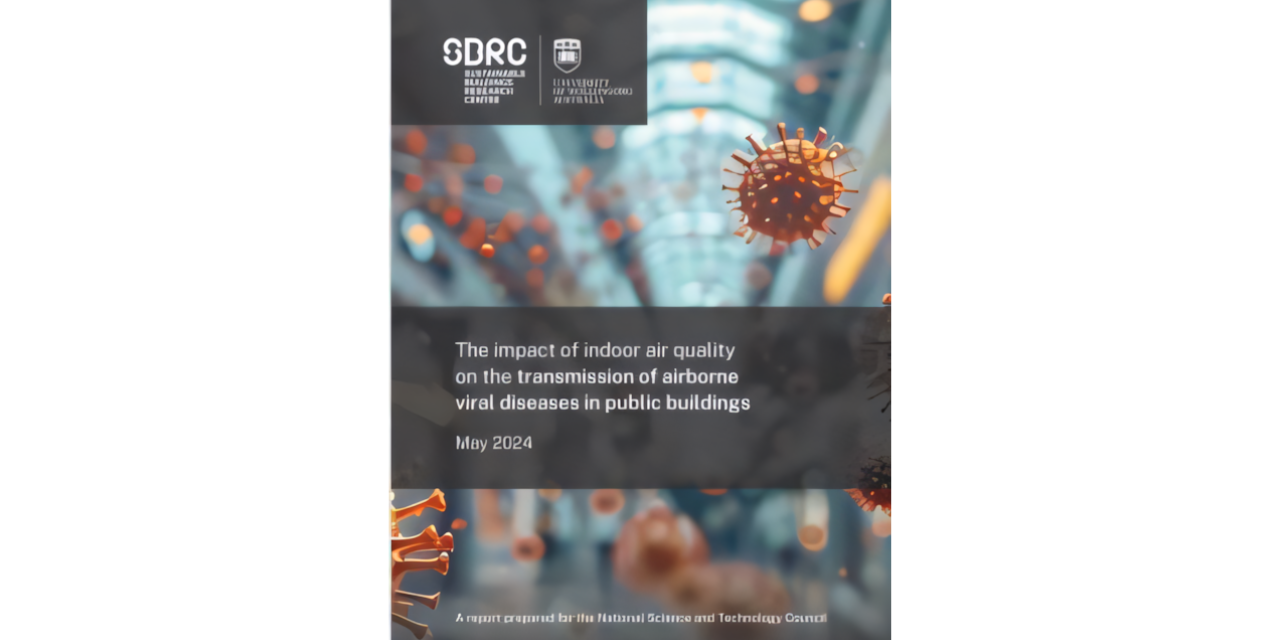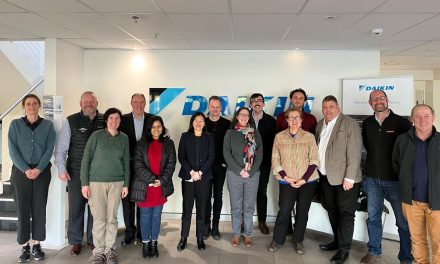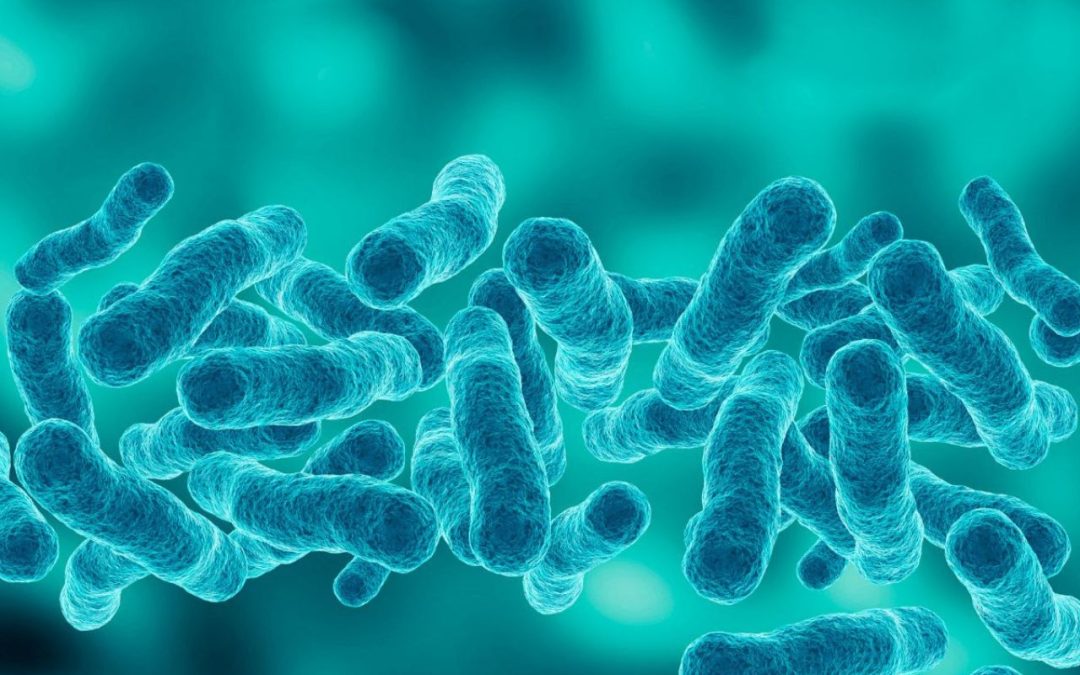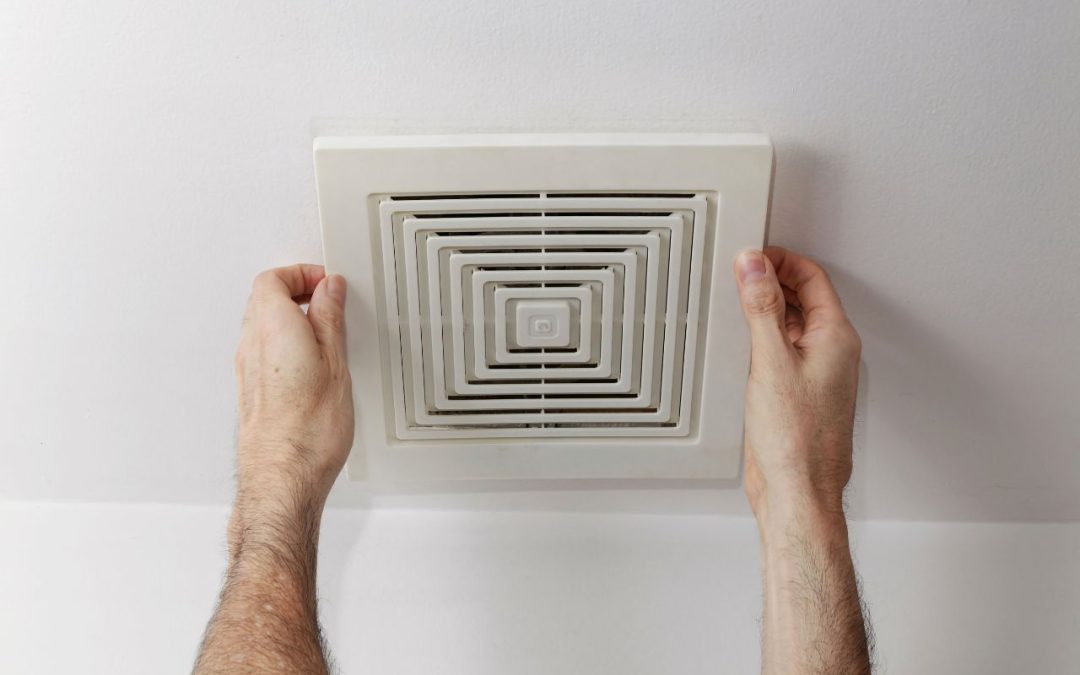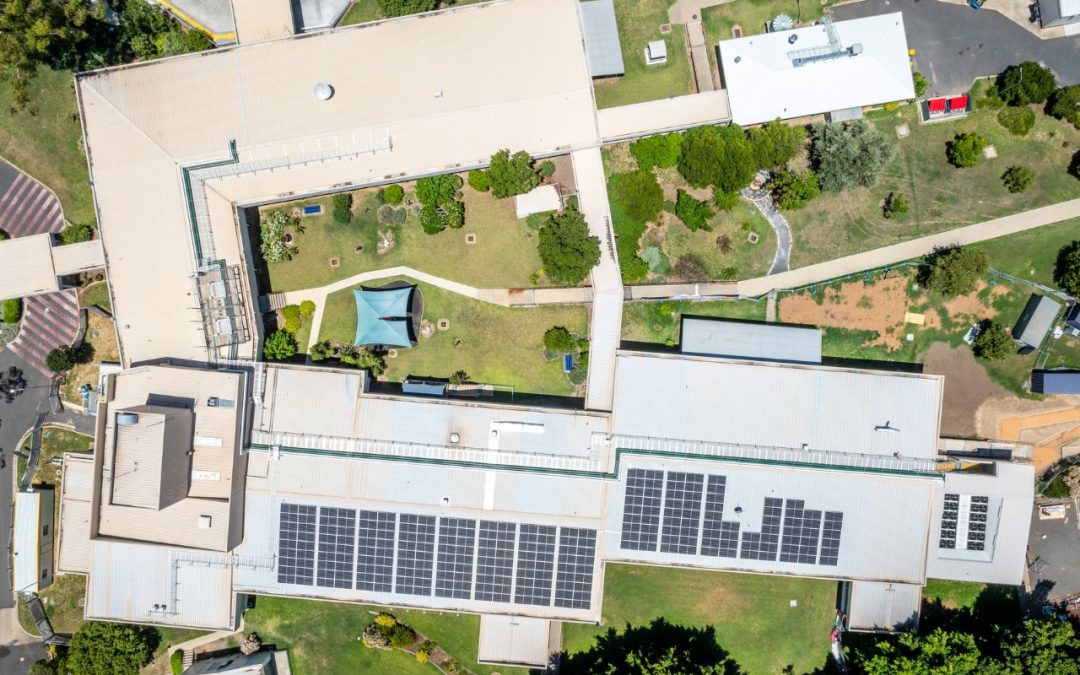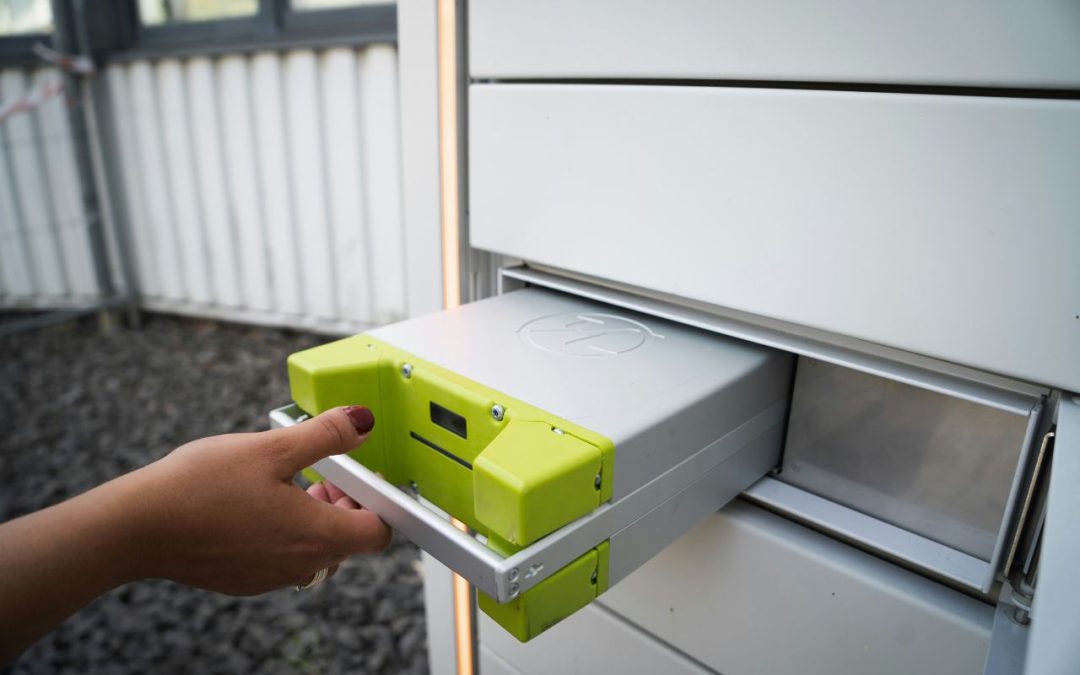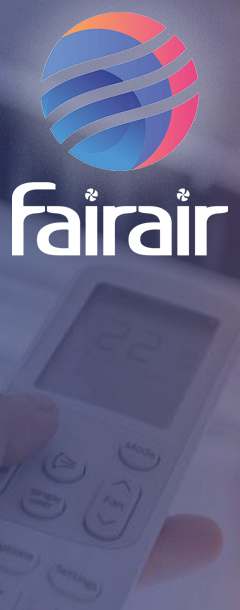Mark Vender looks at some key recent developments in IAQ policy across Australia.
Since the beginning of the COVID-19 pandemic, national leaders from a wide range of disciplines have sought to engage government on the need for improving indoor air quality.
But despite repeated calls for official guidance, awareness campaigns and operational standards, it seemed that the issue had fallen off the political radar. That changed recently.
Victoria – the clean air state?
At the end of July, the Victorian government announced a two-year, $9.9 million project with the Burnet Institute and several other research partners to protect people from “airborne infections, pollution, bushfire smoke and a changing climate”.
The Pathway to Clean Indoor Air project will establish feasible IAQ performance standards and inform government policy and public health guidance, with long-term solutions including integrating IAQ standards into building codes and promoting healthier indoor environments.
Researchers will design, implement and evaluate IAQ monitoring, improvement and management models for specific settings. They will seek models that are feasible, cost-effective, scalable and fit-for-purpose.
The team will develop an investment case for IAQ improvement that is specific to Victoria in order to inform future investment. And they will develop a comprehensive policy framework for clean indoor air in Victoria. This will include providing technical advice and guidance on legislative, regulatory and policy approaches as well as effective governance and communication mechanisms.
The Victorian government is also collaborating with the Burnet Institute to undertake a clinical trial to assess the effectiveness of upper room germicidal ultraviolet light in reducing the rates of COVID-19 and other airborne viruses in residential aged care facilities. The Elucidar study has been billed as the world’s largest study of its type to assess the effectiveness of UV light as an indoor air quality intervention.
National action
At the federal level, the Clean Air Forum has been organising events in Canberra since early 2023 to build bi-partisan support for acting on IAQ.
This work produced its first tangible result with the release of a National Science and Technology Council (NTSC) report on the impact of indoor air quality on the transmission of airborne viral diseases in public buildings. The report, sponsored by the CSIRO and written by the University of Wollongong, compiles and reviews existing research to provide a solid foundation for policymaking.
The key findings were:
- The transport of disease particles by indoor air is influenced by multiple factors, including ventilation
- Transmission can occur at both short and long ranges – long-range airborne transmission has been verified by PCR air sampling, epidemiological analysis and genome sequencing
- There is a range of IAQ strategies that could reduce the transmission of airborne viruses in indoor public environments by increasing the amount of clean air for building occupants, including:
- Dilution of contaminated indoor air via ventilation with cleaner air through mechanical ventilation such as HVAC systems
- Air cleaning technologies such as HEPA filters
- Air disinfection technologies such as ultraviolet light disinfection.
- The impact of IAQ strategies on the energy efficiency of buildings is dependent on several factors, including the type of intervention, the building size, building characteristics, hours of operation and climate.
Key levers: WHS and productivity
The report was launched with a public webinar featuring Assistant Minister for Health and Aged Care, Ged Kearney, and Dr Michelle Ananda-Rajah MP, as well as representatives from the Department of Health, the CSIRO, the University of Wollongong, the Australian Building Codes Board, the Australian Academy of Sciences, and the Australian Council of Learned Academies.
Kearney, a former nurse, and Anada-Rajah, a doctor, both reflected on impact of the pandemic not just on patients but on healthcare workers.
“This is about the nation’s health,” said Kearney, “but this is an occupational health and safety issue. It is a duty of care for workers to work in safe environments.”
Ananda-Rajah had not yet moved into politics when the pandemic started, and described working “shoulder to shoulder” with other doctors attending to COVID patients. Like Kearney, she said she saw the extreme impact on a workforce taken past breaking point. She also urged those working on the IAQ issue to not be “shackled by P values”. According to Ananda-Rajah, it will be important to lean on engineers, modellers and behavioural scientists – and to put adequate resources not just into research, but into implementation.
Ananda-Rajah closed the session by linking IAQ with a hot topic: productivity.
“At a time when productivity is on the lips of everyone, particularly the political class, this is low-hanging fruit.” If we can keep Australians healthy, she said, they will be more productive.
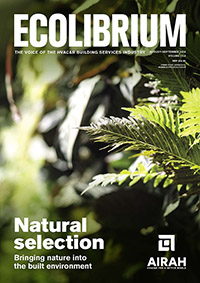
This article appears in ecolibrium’s September-October 2024 issue
Want to read more?
Click here to view our archive of feature articles.
